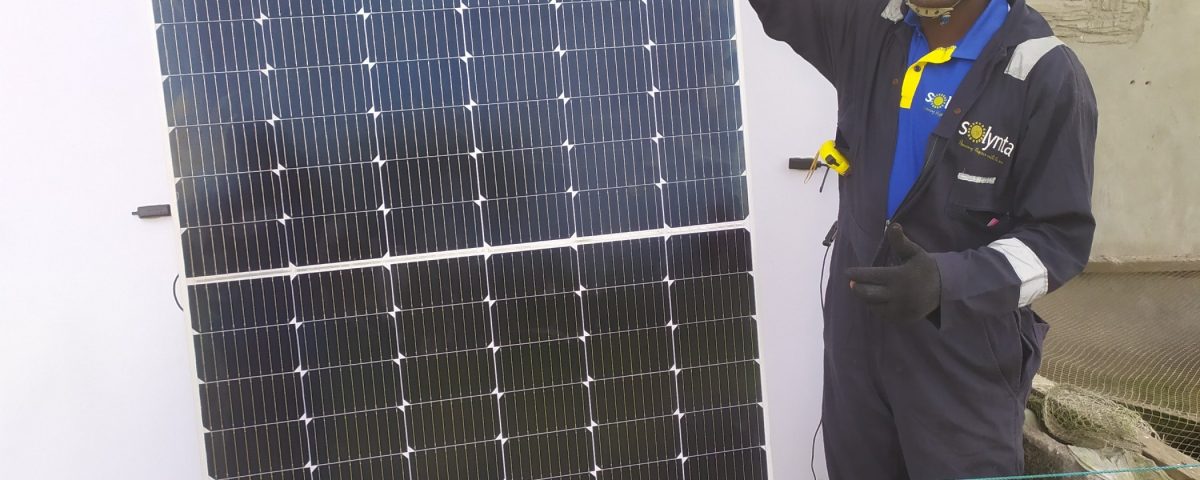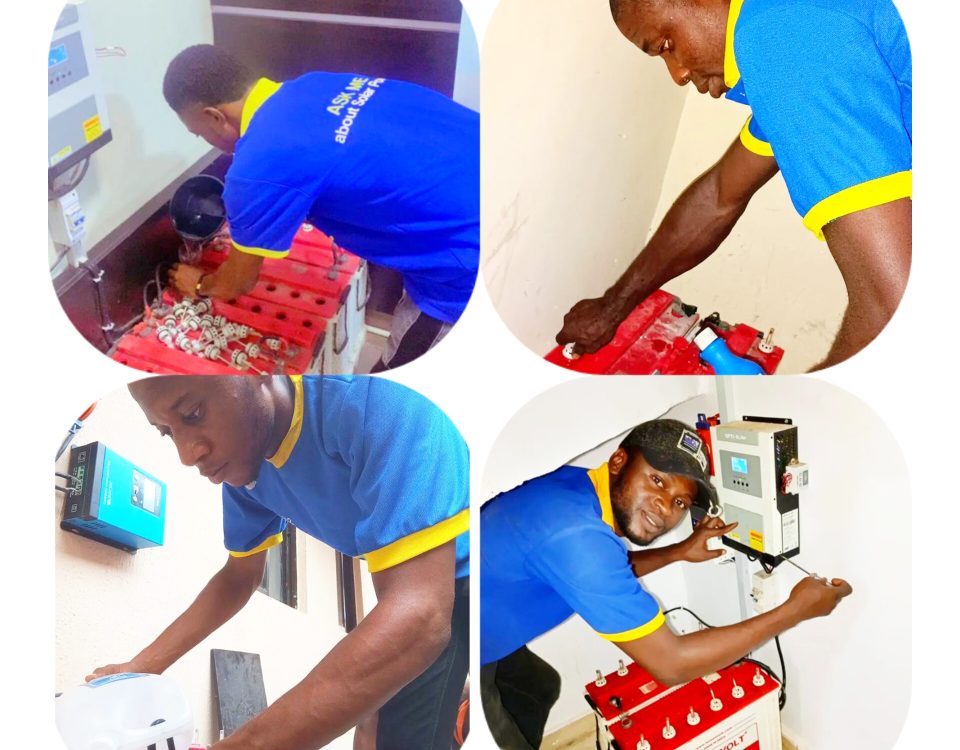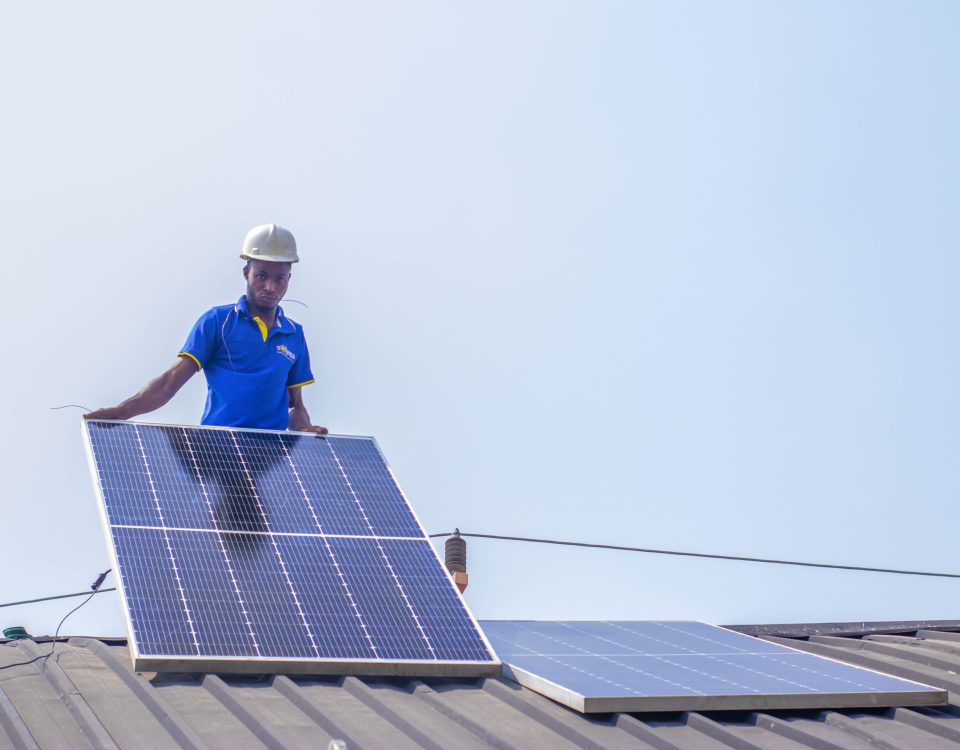How solar panels work?

Why join the Solynta waitlist?
2024-03-02
Do solar panels work 24-hour a day?
2024-04-06Solar power has gained immense popularity in recent years as a clean and sustainable energy source. Central to harnessing solar energy are solar panels, which are key components of solar photovoltaic systems. Understanding how these panels work is essential to appreciating the benefits of solar power.
Thank you for reading this post, don't forget to subscribe!At the core of a solar panel are photovoltaic cells, also known as solar cells, which are responsible for converting sunlight into electricity. These cells are typically made of semiconductor materials such as silicon. When sunlight hits the solar panel, the photons in the sunlight are absorbed by the cells, causing the electrons in the material to become energized.
This process generates a flow of electricity, known as a direct current (DC). The flow of DC electricity generated by the solar panels is then sent to an inverter, which converts the DC electricity into alternating current (AC) electricity. AC electricity is the type of electricity used in most homes and businesses, making the energy produced by solar panels compatible with the electrical grid. One of the key features of solar panels is their modularity.
Solar panels are made up of individual solar cells connected in series and parallel to form a solar panel. This modular design allows for easy scalability, as more panels can be added to increase the energy output of a solar system. Solar panels are mounted on rooftops or ground-mounted structures to capture sunlight effectively.
The angle and orientation of the panels play a crucial role in maximizing energy production. Ideally, solar panels should be installed facing south in the northern hemisphere or north in the southern hemisphere to receive maximum sunlight throughout the day. In addition to understanding how solar panels work, it is important to consider factors that can affect their efficiency. Shading from trees, buildings, or other obstructions can reduce the amount of sunlight reaching the panels, thereby lowering energy production.
Regular maintenance, such as cleaning the panels to remove dirt and debris, is also important to ensure optimal performance. Advancements in solar panel technology have led to more efficient and durable solar panels.
In conclusion, solar panels play a vital role in harnessing the power of the sun to generate clean and renewable electricity. Understanding how solar panels work is key to realizing the full potential of solar energy.
By embracing solar power, individuals and businesses can enjoy stress-free 24 hour solar power and save 90% of energy costs. Get started




